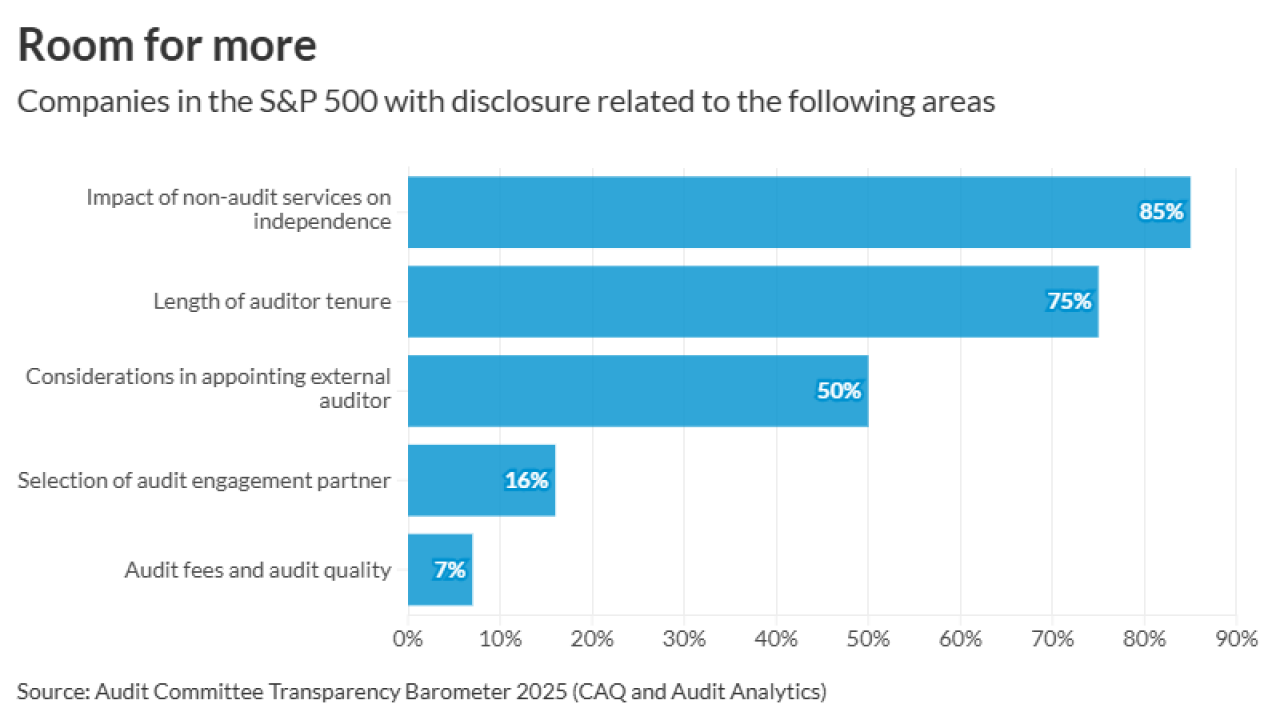Treasury Secretary Steven Mnuchin isn’t ruling out delaying the start of a corporate tax rate cut, but emphasized the administration’s “strong preference” is for the relief to start in 2018.
“The longer we wait, the worse it is for the economy and making companies competitive,” Mnuchin said in an interview Wednesday with Bloomberg TV in Washington. Mnuchin declined to say that a phase-in of corporate tax cuts was completely off the table.
“The president’s strong preference—he feels very strongly that he wants to start this right away,” Mnuchin said. “But having said that, we’ll have to look at the entire Senate package.”

The Washington Post reported late Tuesday that Senate tax writers were considering a one-year delay in implementing a 20 percent corporate rate. The House tax legislation unveiled last week calls for an immediate and permanent 20 percent corporate rate. Before the bill was released, House tax writers were said to have been considering a gradual phase in of the rate to ensure their plan would comply with congressional budget rules.
Mnuchin was said to resist a gradual phase in of the proposed 20 percent corporate rate out of concern the move wouldn’t boost economic growth as much as anticipated—he’s said higher GDP from the corporate rate cut would offset its cost. A slow reduction of the corporate rate from its current 35 percent would also make the U.S. less competitive, as other countries cut their rates faster and foreigners delay investments in the U.S.
‘Right Direction’
The House tax-writing committee is in the third of what’s expected to be four days of work to hammer out details of the Republican tax plan—a plan intended to overhaul the tax code for the first time in more than three decades. President Donald Trump has charged Mnuchin and National Economic Council Director Gary Cohn with the job of shepherding it through Congress and onto his desk to sign by December.
Trump left for a 12-day trip to Asia on Friday, leaving Mnuchin and Cohn behind to “remain vigilant” on tax reform, the president said before his departure. “So if I have any problems, I will be blaming Mnuchin and Cohn. Believe me, they’ll be hearing from me.”
Last weekend, Mnuchin spent time in California selling the tax plan. He also participated in a press conference Tuesday with Senate Republicans to discuss the tax effort. Later that afternoon, Cohn met with a group of Senate Democrats and Trump called in to make a personal pitch for the tax-cut plan being worked on by Republicans.
Mnuchin on Wednesday signaled support for the House’s measure this week to limit the carried interest tax break, widely utilized by private-equity managers, venture capitalists, certain real estate investors and hedge-fund managers.
Carried interest is the portion of an investment fund’s profit—usually a 20 percent share—that is paid to investment managers. Currently, tax authorities treat that income as capital gains, making it eligible for a rate of 23.8 percent—on gains from assets held for a year or more. The top individual income tax rate is 39.6 percent.
House Republicans now plan on attaching a three-year holding period to carried interest. Trump targeted the tax break in his populist presidential campaign. The House’s move is “absolutely a step in the right direction,” Mnuchin said.
Obamacare Rollback
Republicans may be considering repealing the Obamacare requirement that most Americans carry health insurance, as a way to help pay for the tax code revamp. Rolling back the coverage rule would save the government $388 billion over 10 years, according to a Congressional Budget Office report released Wednesday.
That is a smaller benefit than previously projected for a plan favored by the White House. Previous CBO estimates of the policy have found that millions of Americans would lose or drop their insurance coverage without the mandate. And repealing it as part of tax legislation—especially after efforts to rollback Obamacare have failed twice in Congress—could complicate the debate.
“The appeal of putting that in is one, it gets rid of a very unfair tax on people who can’t afford it, and it frees up a lot of money that would go toward a middle income tax cut, Mnuchin said. “Whether that’s included or not included, we are determined that we get the tax cuts passed.”
He reiterated his confidence that Trump will sign the legislation in December.
“Gary and I are very comfortable being accountable, this is the president’s most important domestic agenda item and we’re going to get this passed,” Mnuchin said.
—With assistance from Michael McKee





